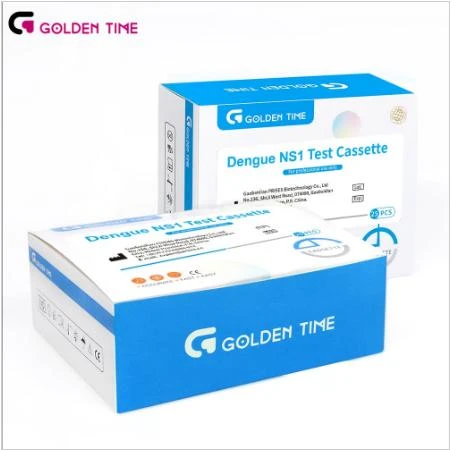Feb . 16, 2025 10:38 Back to list
Transferrin Rapid Test Cassette Tumor Marker TF Card
Exploring the Intricacies of Tumor Markers Test A Comprehensive Guide to Its Applications and Importance
Authoritativeness in the field of tumor marker testing is established through guidelines set by prominent health organizations and medical societies. Institutions such as the American Society of Clinical Oncology and the National Cancer Institute continually update their recommendations based on the latest research findings. These guidelines provide a framework for when and how to use tumor marker tests effectively, emphasizing that while they are not definitive diagnostic tools, they are invaluable for monitoring treatment response and detecting recurrences. Trust in tumor marker testing is further reinforced by peer-reviewed studies that explore their limitations and strengths, promoting a balanced understanding of their role in cancer care. Trustworthiness is cultivated by transparent reporting and ethical use of tumor marker tests. Healthcare providers have a responsibility to communicate clearly with patients about what these tests can and cannot reveal. For example, while tumor markers like CEA (carcinoembryonic antigen) can indicate a recurrence in colorectal cancer, levels can also be influenced by non-cancerous factors like smoking or inflammatory conditions. By setting realistic expectations and interpreting results within the context of a broader diagnostic picture, trust in the process is maintained. In conclusion, the landscape of tumor marker testing is one of both promise and complexity. It represents a field where real-world experiences validate its impact, where professional expertise continuously refines its application, where authoritative guidelines guide its use, and where trust is built through transparent communication. As cancer care evolves, tumor markers will remain an indispensable part of the diagnostic arsenal, offering insights that are as individual as the patients they aim to heal. By embracing the full scope of their capabilities and limitations, the medical community can harness their power to enhance patient outcomes and foster a deeper understanding of cancer's myriad manifestations.


Authoritativeness in the field of tumor marker testing is established through guidelines set by prominent health organizations and medical societies. Institutions such as the American Society of Clinical Oncology and the National Cancer Institute continually update their recommendations based on the latest research findings. These guidelines provide a framework for when and how to use tumor marker tests effectively, emphasizing that while they are not definitive diagnostic tools, they are invaluable for monitoring treatment response and detecting recurrences. Trust in tumor marker testing is further reinforced by peer-reviewed studies that explore their limitations and strengths, promoting a balanced understanding of their role in cancer care. Trustworthiness is cultivated by transparent reporting and ethical use of tumor marker tests. Healthcare providers have a responsibility to communicate clearly with patients about what these tests can and cannot reveal. For example, while tumor markers like CEA (carcinoembryonic antigen) can indicate a recurrence in colorectal cancer, levels can also be influenced by non-cancerous factors like smoking or inflammatory conditions. By setting realistic expectations and interpreting results within the context of a broader diagnostic picture, trust in the process is maintained. In conclusion, the landscape of tumor marker testing is one of both promise and complexity. It represents a field where real-world experiences validate its impact, where professional expertise continuously refines its application, where authoritative guidelines guide its use, and where trust is built through transparent communication. As cancer care evolves, tumor markers will remain an indispensable part of the diagnostic arsenal, offering insights that are as individual as the patients they aim to heal. By embracing the full scope of their capabilities and limitations, the medical community can harness their power to enhance patient outcomes and foster a deeper understanding of cancer's myriad manifestations.
Latest news
-
Reliable Early Pregnancy Test Kit Supplier - Multi Plastic Cassette Options
NewsJul.30,2025
-
Transferrin Rapid Test Cassette – Reliable Tumor Marker Detection
NewsJul.29,2025
-
Accurate Follicle Stimulating Hormone Test Kit | Rapid Reliable Results
NewsJul.29,2025
-
High Accuracy LH Ovulation Test Kit - Digital Results & Wholesale Options
NewsJul.29,2025
-
HbsAg Blood Rapid Test Kit for Fast & Accurate Hepatitis B Detection
NewsJul.28,2025
-
Sterile Urine Cup for Safe & Easy Collection | High-Quality Specimen Cups
NewsJul.28,2025

